The World Bank has announced plans to develop a roadmap that will guide Zambia’s agenda on energy transition.
The roadmap would be developed in collaboration with Ministry of Mines and Development as well and Ministry of Finance and National Planning.
This followed global transition to the use of low-carbon emitting energy resources so as to mitigate the effects of climate change.
Finance and National Planning Minister, Situmbeko Musokotwane, explained that the roadmap would unlock bottlenecks in existing policy that would lead to reforms, identify areas of potential investment and capacity building for all relevant institutions.
Musokotwane said government had already made strides to move the transition to a green economy forward.
He said this on Tuesday in Lusaka at the workshop on the Development of a Roadmap for Leveraging Zambia’s Energy Transition Minerals Endowments for Economic Transformation.
“Our country is endowed with many key mineral resources such as copper, nickel and cobalt.
“It is for such a reason that Zambia and the Democratic Republic of Congo have entered in a memorandum of understating to develop a cross-border integrated value chain for the production of electric vehicle batteries,” the Minister said.
This, he explained, intended to contribute to the adaptation efforts and play a role in the move towards clean energy.
World Bank Regional Director-Infrastructure for Eastern and Southern Africa, Wendy Hughes, said the institution was working closely with a cross-sectoral government team with the objective of preparing a strategic roadmap to realise Zambia’s economic transformation potential from the energy transition minerals.
Hughes explained that this included estimates of required investments for scaling mineral and value-added output, prioritised inventories of investment targets, financing instruments and timelines.
The roadmap would also include prioritised plans for technical assistance to support reforms and capacity building and proposed frameworks for coordination with neighbouring countries.
“A growing mining industry can serve as an anchor for investments to strengthen and expand national power and transport infrastructure, helping to stimulate economic development beyond the mining sector.
“With good planning and targeted investment in secondary infrastructure, these benefits can be extended to rural communities in the form of access to electricity and roads, contributing to increased opportunities in rural areas,” Hughes said.
On the workshop, Hughes said it aimed to deepen understanding of challenges facing Zambia’s mining sector, specifically focusing on fiscal policies for mineral revenues, encompassing royalty design, transparency, and curbing leakage.
WARNING! All rights reserved. This material, and other digital content on this website, may not be reproduced, published, broadcast, rewritten or redistributed in whole or in part without prior express permission from ZAMBIA MONITOR.

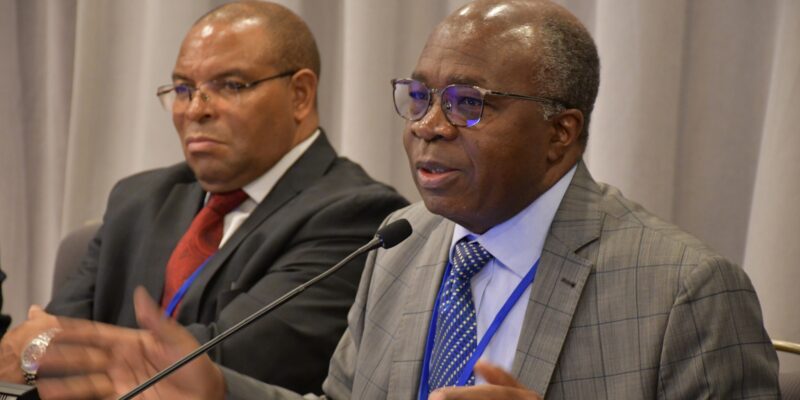
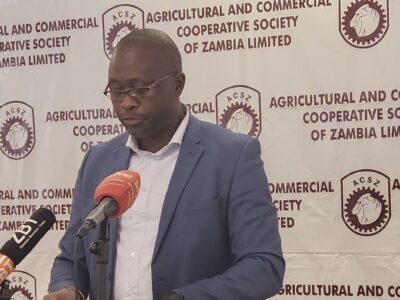



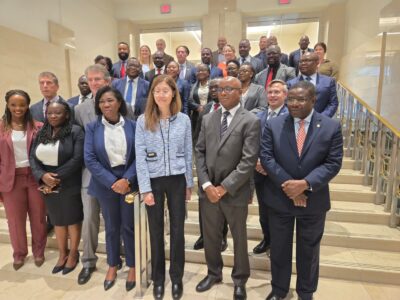
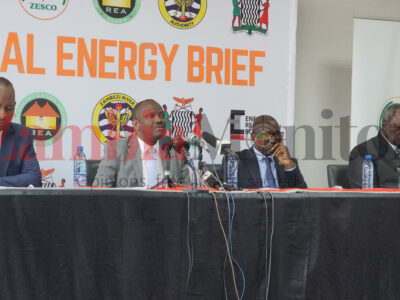



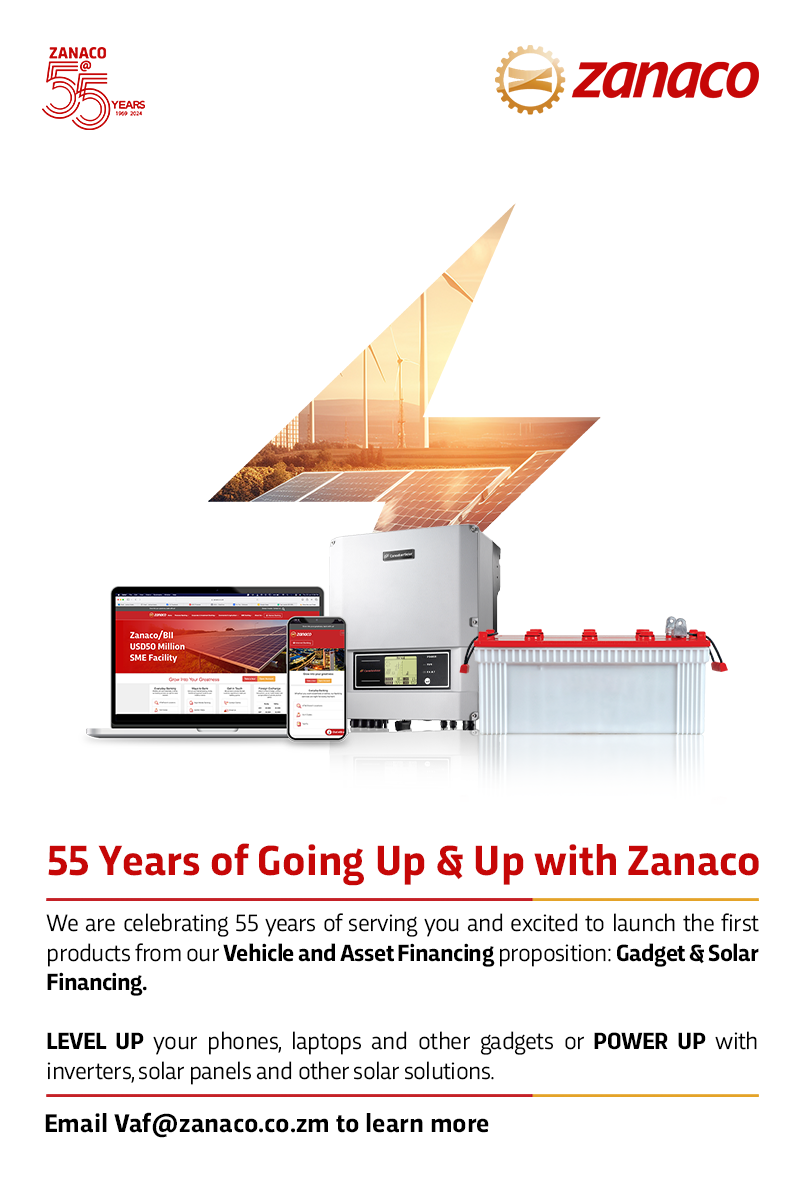

Comments